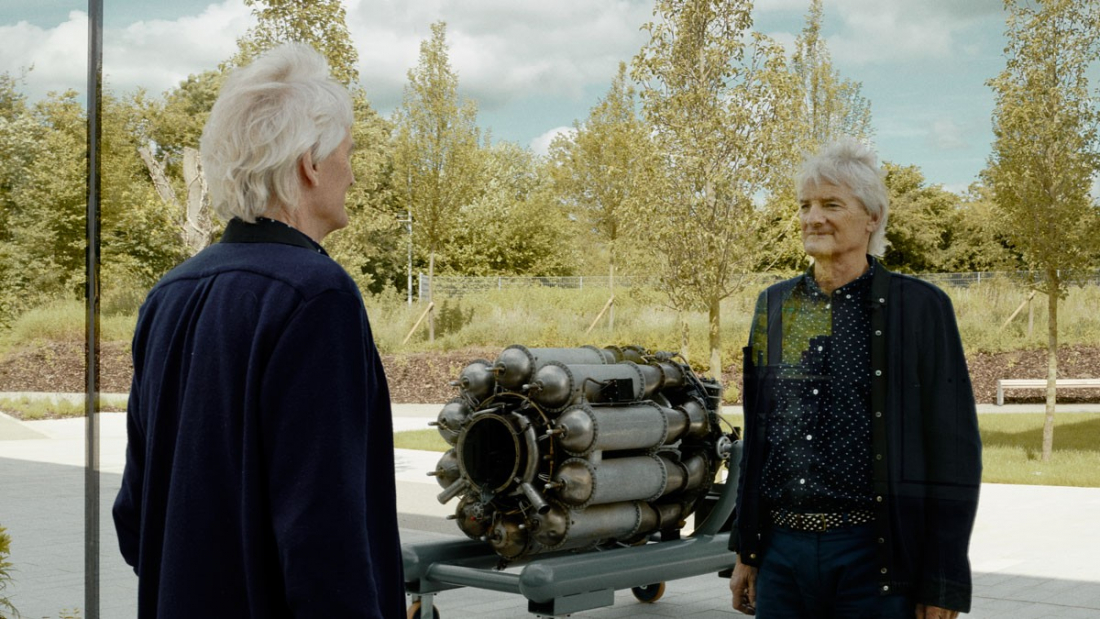James Dyson has plenty of reasons to sit around and bask in what he's accomplished. Having invented the first bagless vacuum and bringing it to market in the early 1980s, the 69-year-old British inventor has since turned out dozens of successful products across multiple markets.
Last year, for example, his 58 products generated around $2.4 billion in sales with an estimated $340 million in profit - and that's after Dyson reinvested 46 percent of the company's EBITDA (earnings before interest, taxes, depreciation and amortization) back into research and development. As a sound businessman, he also owns 100 percent of his company that's worth roughly $4.8 billion.
To say that money isn't a concern would be the understatement of the century but like many inventors and entrepreneurs, there's a drive within that simply won't let him rest on his laurels. As Forbes notes, he is looking to invest hundreds of millions of dollars in an effort to develop at least 100 new products by 2020.
The most interesting of them all, however, has to do with batteries.
Dyson believes our current rechargeable lithium-ion batteries don't hold a charge long enough and aren't all that safe. To help solve these issues, he purchased battery startup Sakti3 last October and is experimenting with solid state lithium-ion batteries that'll use ceramics. To realize his goal, Dyson is planning to invest $1.4 billion over the next five years which, as the publication notes, is a huge gamble for a company of that size.
Image courtesy Nadav Kander, Forbes
